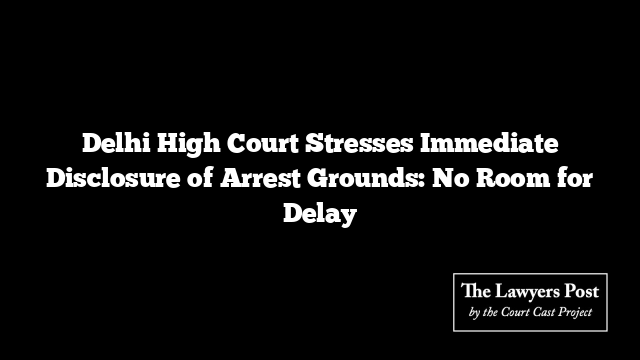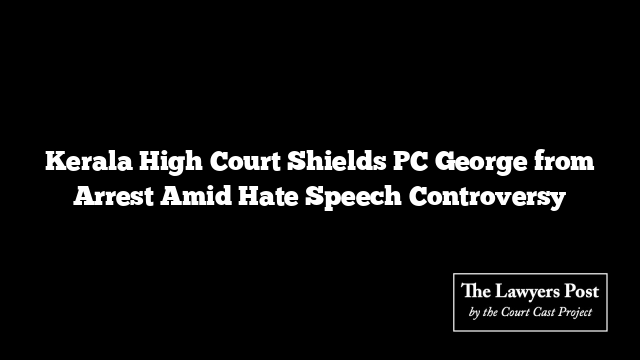The Delhi High Court has reinforced the legal obligation that individuals arrested without a warrant must be informed of the grounds for their arrest at the exact moment they are taken into custody. This ruling, rooted in Section 50 of the Code of Criminal Procedure (CrPC), asserts that law enforcement officers must provide this information simultaneously with the issuance of an arrest memo.
Highlighting the significance of this requirement, the Court emphasized that the practice of delaying or withholding such details can no longer be treated lightly. A previous 2024 ruling had already established that the grounds of arrest must be communicated immediately, and this latest judgment further strengthens that position by clarifying the interpretation of the term “forthwith” under Section 50 CrPC.
The Court stated that ensuring a person is informed of the reasons for their arrest aligns with constitutional principles, which prohibit arbitrary deprivation of liberty. The ruling also underscored that once an investigating officer determines there are justifiable grounds for arrest, there is no reason those grounds cannot be documented and conveyed at the same time.
Any interpretation that allows for delay, the Court warned, would weaken fundamental rights and undermine legal safeguards. Without immediate disclosure, the accused would be unable to seek legal recourse against the arrest, creating a serious procedural lapse.
Additionally, the Court endorsed a recommendation from an earlier judgment suggesting that arrest memos should include a designated section where officers must record the grounds for arrest on the spot. This measure, if implemented, would ensure transparency and prevent ambiguity in the process.
The ruling came in a case involving the arrest of a manager at an establishment accused of illegal activities. The Court ultimately ordered his release, reinforcing the necessity of strict compliance with due process.





